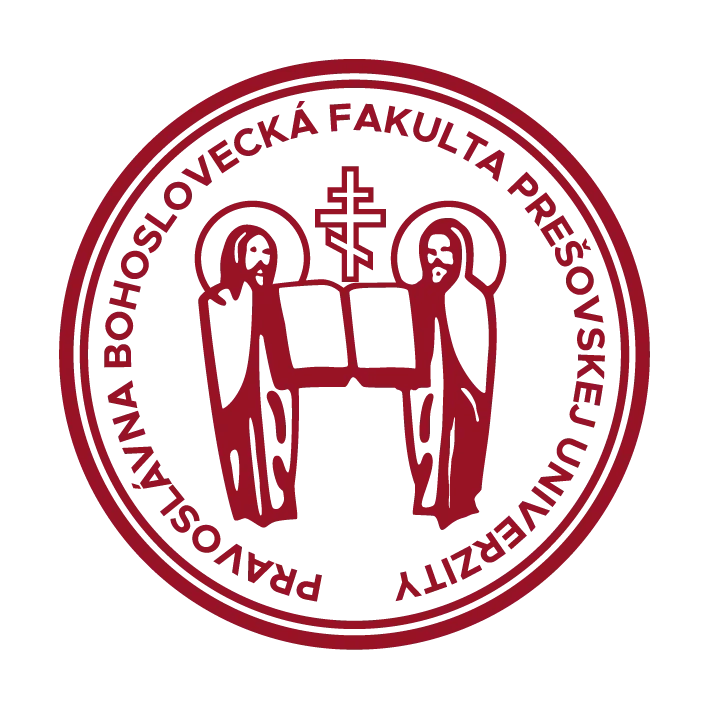SAVČÁK Peter - Acta Patristica, volume 10, issue 20/2019
"NON-CHALCEDONIANS“ AND THE PROBLEM OF CHURCH UNITY
/„DOCHALCEDÓNCI“ A PROBLÉM CIRKEVNEJ JEDNOTY/
Peter SAVCAK
lecturer, Faculty of Orthodox Theology, University of Presov in Presov, Masarykova 15, 080 01 Presov, Slovakia, peter.savcak@unipo.sk, 00421517724729
Abstract
The paper is focused on the possibilities of church unity with the so-called „Christians before Chalcedon“, with whom the intensive dialogue is being conducted. However, he also looks at the problem through religious texts, iconography and St. Tradition of Orthodoxy. He points out the main principles of ecclesial unity, which must be based on the solid ecclesiological and christological foundations and not merely on understanding, recognition or agreement and acceptance. At the same time, he calls for this unity, but with reference to the sacramental path leading to this real unity.
Keywords
Dialogue, monophysitism, Orthodoxy, catholicity, Chalcedon
SUMMARY
The paper describes Egyptian Christianity in the Church's self-service and mentions its great significance and contribution to the whole Orthodoxy. At the same time, it speaks of problematic beliefs and formulations that hinder common unity. It opposes various claims that it is only a kind of misunderstanding, national, political or other misunderstandings. As evidence, he presents the worship texts of the Orthodox Church and the patristic literature. It also points to the liturgical calendar and iconography. It gives an example of the feast of the Great-martyr Euphemia, whose remains played a decisive role in 4th Ecumenical council in Chalcedon. It also notes the possibility of establishing full unity, and as the only way of repentance and return to dogmatic formulations of Chalcedonian fathers. In practice, this means renouncing respect to those who began this heresy and their followers. It also implies accepting the right formulations and "inner transformation" (= metanoia), which, however, respects the external liturgical forms Conferences, dialogue and meetings see this as an aid to this transformation, but by no means put them above repentance and a true return to the Truth. This is supported by patristic quotes and own observations.
(Language: slovak)
